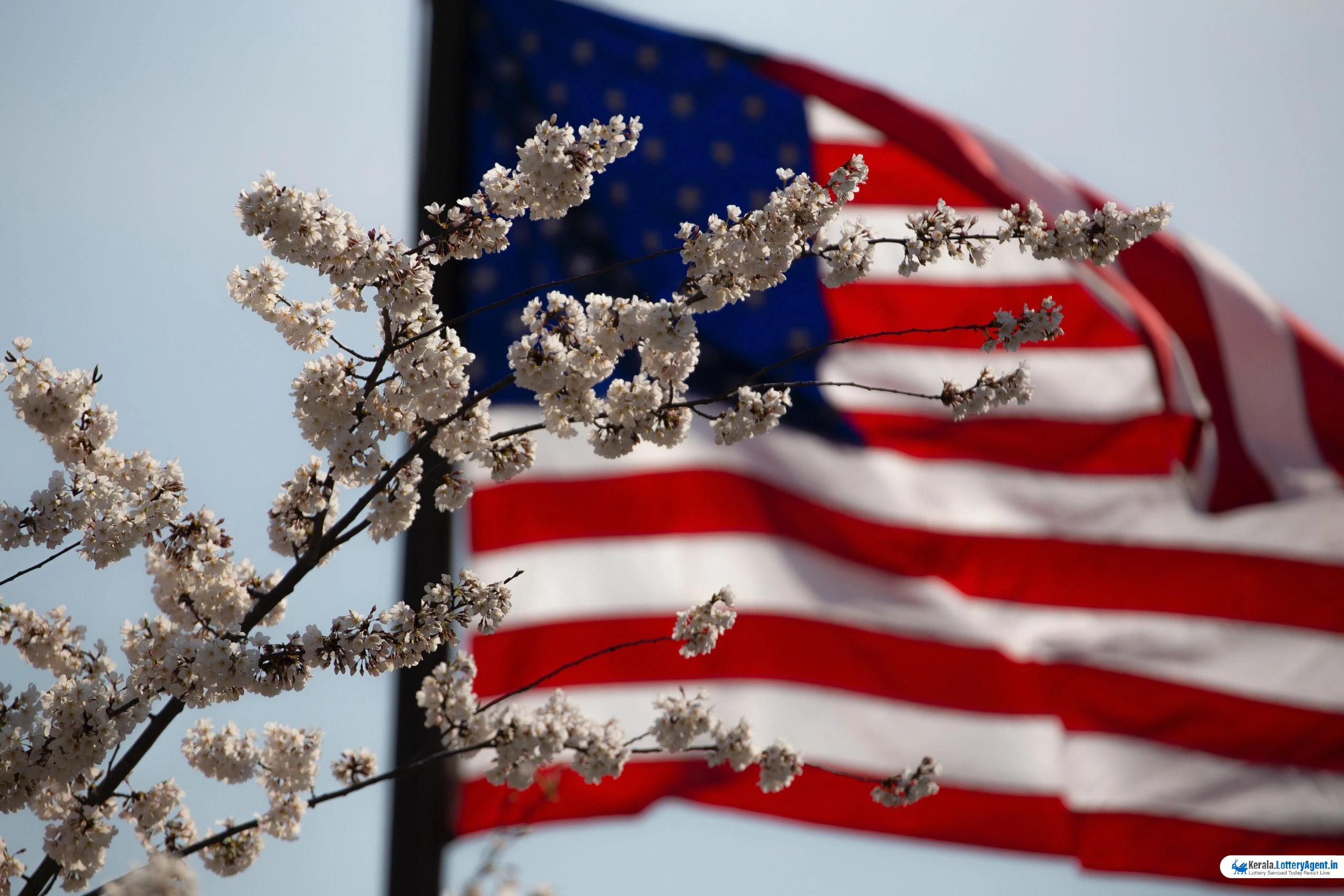
Louisiana has experienced a notable growth in sports betting, recording an increase both in handle and revenue for the month of May compared to the same period last year. However, New Hampshire presents a contrasting picture, with a decline in revenue despite higher player spending.
In Louisiana, the overall amount spent on sports betting in May reached $256.7 million (£203.1m/€240.1m), showcasing a significant 31.6% rise from May of last year. A major portion of this amount, $238.3 million, was wagered through online platforms, while the remaining $18.4 million was bet at retail sportsbooks. This uptick in activities could be partly attributed to the excitement generated by former Louisiana State University (LSU) national basketball champion Angel Reese’s signing to the WNBA team Chicago Sky at the start of the league’s four-month season.
Gross gaming revenue from sports betting in Louisiana for May stood at $33.5 million, marking an 18.8% increase from the previous year and slightly ahead of the $33.0 million recorded in April. Online betting was a substantial contributor, accounting for $31.2 million of the total revenue, with retail market revenue amounting to $2.3 million.
Parlay betting emerged as the most lucrative segment across both online and retail channels, generating $21.3 million and $1.4 million, respectively. When breaking down revenue by individual sports, basketball led the online sector with $2.2 million in revenue, while baseball topped the retail sector with $479,857.
Tax contributions from online betting in May amounted to $5.5 million, whereas retail betting contributed $244,950. For the year-to-date up until the end of May, Louisiana’s total sports betting handle has reached $3.12 billion, comprising $2.85 billion in online bets and $275.6 million in retail wagers. Revenue for the same period was reported at $361.8 million, with $333.4 million stemming from online betting and $28.5 million from retail wagering.
Turning to New Hampshire, the situation appears less optimistic.
. The total sports betting handle in May hit $58.0 million, reflecting an increase of 11.3% from the previous year. However, this figure also denotes a 3.2% decline from April and marks the second consecutive month of decrease in the state. Online betting was the dominant force, with players spending $51.7 million compared to $6.3 million at retail sportsbooks.
Revenue from sports betting in New Hampshire for May totaled $6.5 million, which is 7.1% lower than the previous year despite the increased handle. However, it does represent a 22.6% rise compared to April. Of the total revenue, $5.9 million was generated from online betting, while $652,270 came from retail betting.
Tax revenue generated from sports betting in New Hampshire during May stood at $2.8 million, including $2.5 million from online wagers and $293,521 from retail bets. For the year-to-date up to the end of May, New Hampshire’s total sports betting handle reached $703.7 million. This includes $616.9 million in online wagers and $86.8 million in retail bets. Revenue for the same period hit $71.5 million, with the online sector contributing $64.5 million and retail $7.0 million.
As the sports betting landscape continues to evolve, these figures highlight the varying outcomes in different states. Louisiana’s strong performance indicates a thriving betting market boosted by local sports events and significant online engagement. Meanwhile, New Hampshire’s decline in revenue despite an increased handle suggests there may be market dynamics at play that warrant deeper analysis.
As both states navigate the complex waters of sports wagering, the discrepancies between them underscore the importance of understanding local factors and player behaviors to better forecast future trends and optimize tax revenues from this burgeoning industry. The next few months will be crucial in determining whether these patterns are anomalies or indicative of larger trends within the sports betting realm.
Policy makers and stakeholders in both states will undoubtedly be keeping a close eye on these developments to steer their strategic decisions in fostering a responsible and prosperous sports betting environment.












